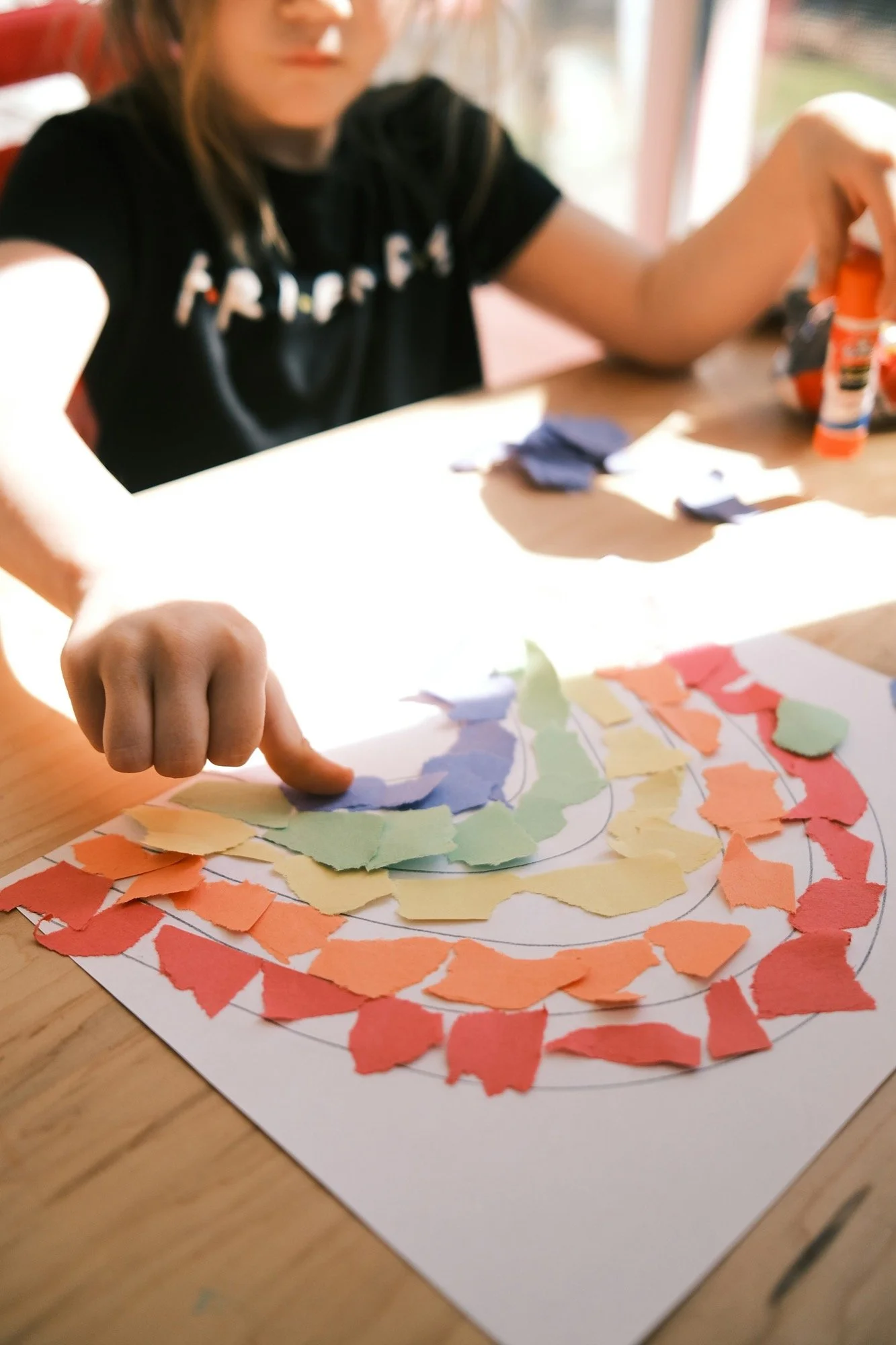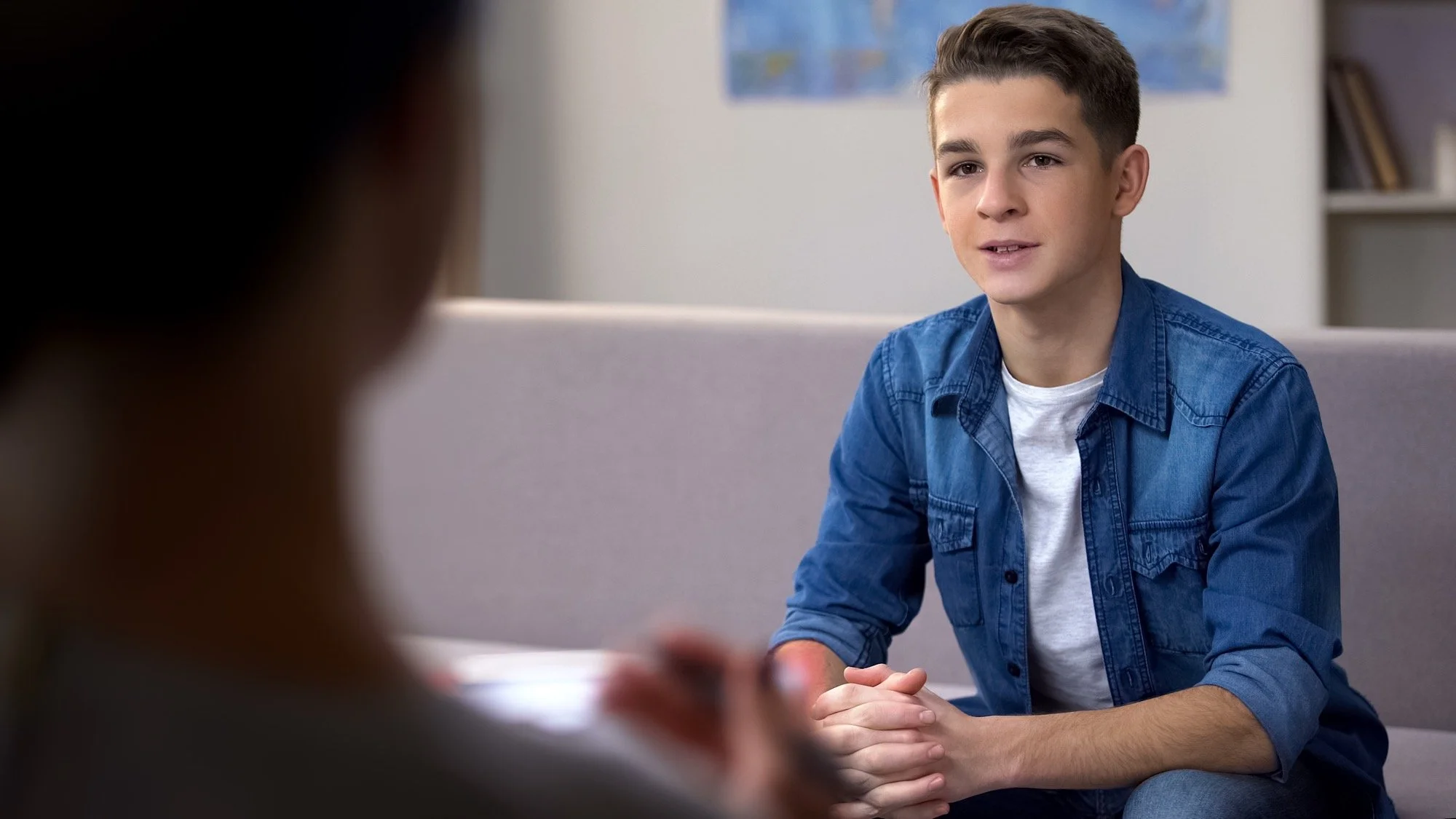Individual Therapy
A collaborative, supportive approach where children and young adults learn practical tools to navigate challenges and thrive in daily life.
What to Expect
Individual therapy offers children and teens a supportive space to explore their thoughts, feelings, and challenges. Sessions focus on learning practical skills for managing emotions, building resilience, and practicing new coping strategies. We also encourage open communication with parents between sessions, as long as the child feels comfortable, so families can support skill practice at home and in daily life. This balance helps children carry what they learn in therapy into school, friendships, and beyond.
Individual Therapy Services
-
Cognitive Behavioral Therapy (CBT)
CBT helps children, teens, and young adults understand how their thoughts, feelings, and actions are connected. By learning new skills and strategies, they can shift unhelpful patterns and feel more confident managing challenges in daily life. Together with a supportive therapist, they practice these tools in meaningful ways that build resilience and healthy coping skills.
-
Executive Function Coaching
Executive Function Coaching supports children, teens, and young adults in building the skills they need to stay organized, focused, and motivated. With guidance from a supportive coach, they learn strategies for managing time, starting tasks, and following through on goals. These practical tools foster independence, confidence, and healthy coping skills they can use across school, home, and daily life.
-
Exposure and Response Prevention (ERP)
ERP is the gold-standard treatment for Obsessive-Compulsive Disorder (OCD). In this approach, children and teens gradually face feared thoughts or situations while learning to resist the urge to engage in compulsions. With the support of a therapist, they practice new coping strategies that reduce anxiety and build confidence. ERP empowers kids and families to break free from the OCD cycle and regain a greater sense of control in daily life
-
Individual Treatment for Selective Mutism
Our Selective Mutism treatment helps children gradually find their voice through intensive, individualized support. Using the PCIT-SM framework, therapy begins in one-on-one sessions and expands into real-world practice, including community settings and collaboration with schools. Children are guided step by step to build comfort and confidence speaking in new situations, with strategies tailored to their unique needs. By combining individual therapy with opportunities for practice in daily environments, we help children develop the skills they need to communicate more freely across home, school, and social settings.
Questions about Individual Therapy
-
Sessions provide a safe space for children and teens to explore their thoughts, feelings, and behaviors. Therapists use evidence-based strategies like CBT to help build coping skills, resilience, and confidence.
-
We encourage open communication with parents throughout therapy to support skill-building at home and in daily life. When appropriate, and as long as the child feels comfortable, parents may also be included in parts of sessions to strengthen progress between visits.
-
Every child is different. Some may benefit from short-term therapy, while others may need longer-term support. Your therapist will work with you to create a plan that best fits your child’s needs.
-
If your child is struggling with emotions, behaviors, or daily challenges that feel hard to manage, therapy can provide tools and support to help them cope more effectively.
-
The initial therapy intake includes a review of records and a thorough clinical interview with parents. We typically meet the child for a handful of sessions before holding a feedback meeting with parents to provide insights into treatment plans and share diagnostic impressions.
-
Both options are available. For young children, we typically recommend in-person sessions to support engagement and skill-building. For adolescents, we often suggest starting in person to build rapport and then may transition to virtual sessions if appropriate. Your clinician will work with you to decide what format best fits your child’s needs.





